
Technology & Psychiatry
Latest News
Latest Videos
CME Content
More News

Our new column on AI in psychiatry explores the future of mental health care.

AI is evolving and changing the landscape of medicine and psychiatry. Here’s how clinicians can understand AI’s potential for psychiatry as well as its limitations.

The device is now available at 2 US clinics, with training and installation currently underway at several other locations.
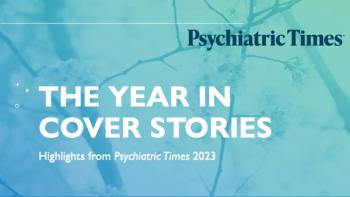
Here are highlights from some of the year’s top features in Psychiatric Times from throughout 2023.

From new guidelines for the utilization of artificial intelligence in health care to the efficacy of fish oil as a replacement for antidepressants, here are highlights from the week in Psychiatric Times.
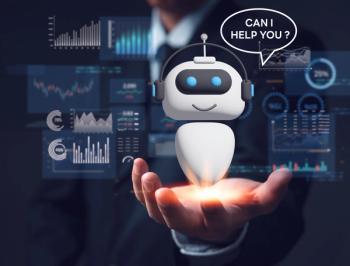
The ATA published these principles “to ensure trustworthy development, integration, and utilization of AI in order to maximize its potential benefits as a meaningful tool for patients and providers.”

From adjunctive cariprazine for the treatment of major depressive disorder to a new app for prescribing antidepressants and antipsychotics, here are highlights from the week in Psychiatric Times.

From deep brain stimulation for treatment-resistant schizophrenia to a look at the potential trajectory of artificial intelligence in psychiatry and medicine, here are highlights from the week in Psychiatric Times.

Here’s how placing current debates within historical context can help us better understand the potential trajectory of artificial intelligence in psychiatry and medicine.

According to research, 32% of patients said they did not typically receive care via their preferred method, and nearly half (45%) did not think their clinician considered their preferences when deciding on the visit type.

What is new in research on depression?
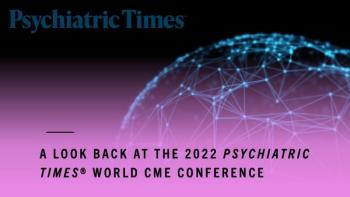
Get ready for our upcoming virtual, interactive conference with some highlights from 2022.

Here's how medical practitioners and researchers can influence AI reasoning and influence in the future of AI development and deployment.

From the efficacy of adjunctive TMS for treatment-resistant major depression to a look at adult ADHD, here are highlights from the week in Psychiatric Times.

“This collaborative effort will help ensure that the application of health AI is based on the best science and is consistent with ethical principles and societal values in pursuit of effectiveness, efficiency, and equity for all members of society.”
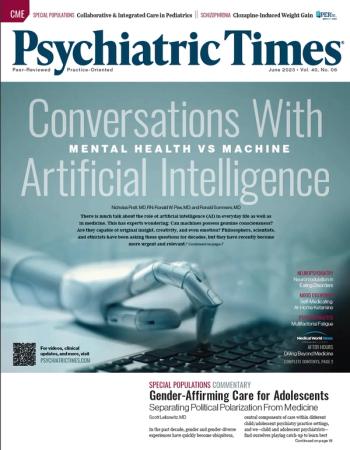
The experts weighed in on a wide variety of psychiatric issues for the June 2023 issue of Psychiatric Times.

From an examination of the fentanyl epidemic to the connection between ADHD medication and height, here are highlights from the week in Psychiatric Times.

Does AI imagine itself as a replacement for psychiatry?
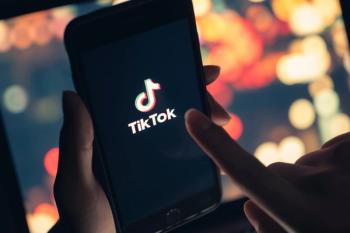
84% of 500 TikToks offered inaccurate or potentially damaging medical advice. How can you address TikTok as a mental health professional?

Experts discuss mental health with artificial intelligence.

"If we ignore or do not successfully address these future risks, we may need more than luck to avoid these looming disasters."

What happens when you talk to artificial intelligence?

How can we harness the technologies of today—and tomorrow—to expand access to mental health services?

From the cardiac adverse effects of lithium to the road to over-the-counter naloxone, here are highlights from the week in Psychiatric Times.
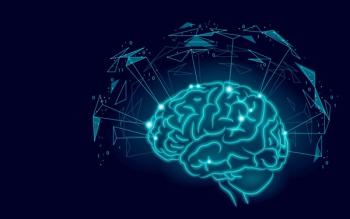
What is the buzz about the power of artificial intelligence?









